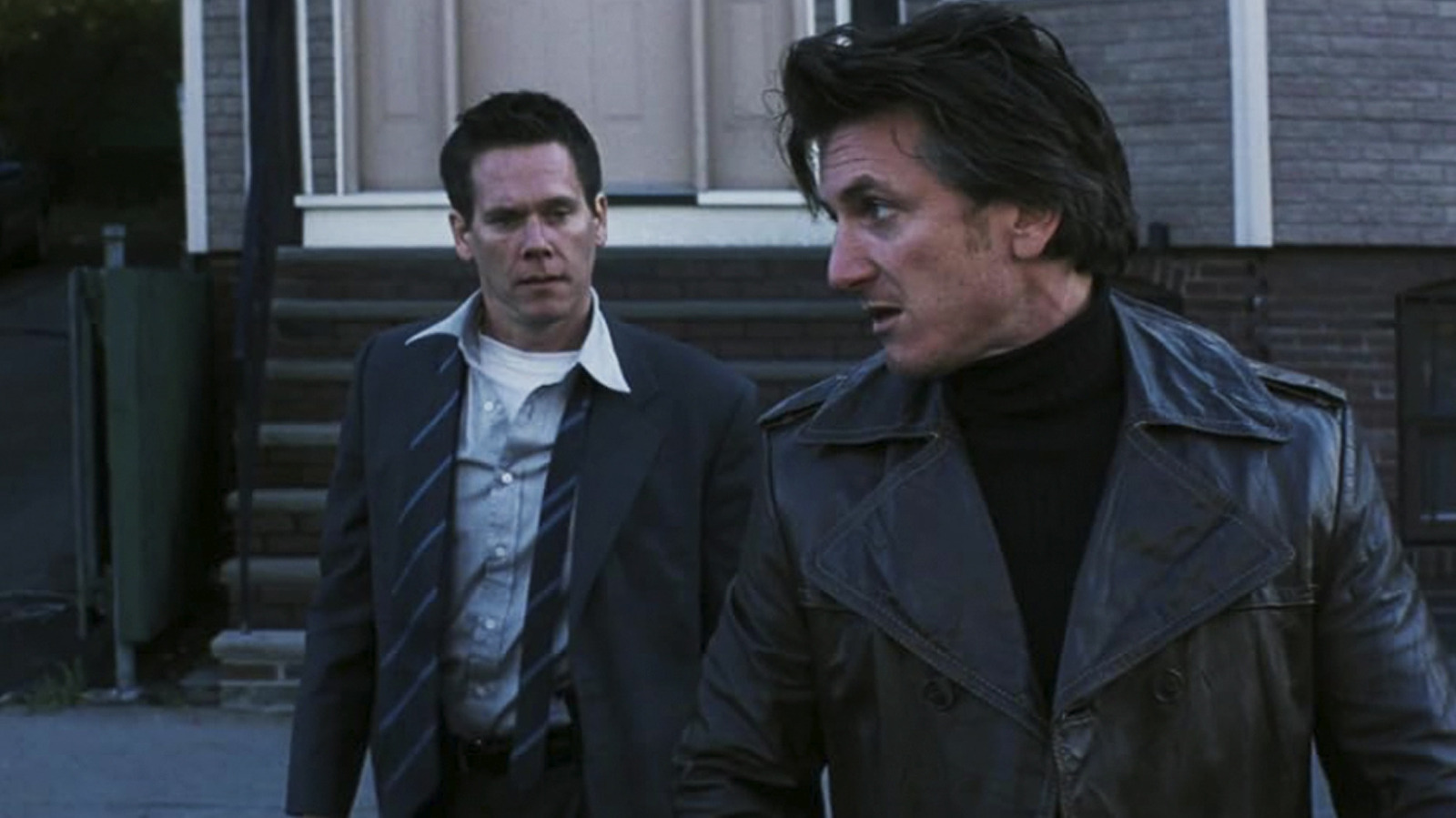

“Sharp Objects” (later made into a 2018 HBO mini-series led by Amy Adams) stars Camille Preaker, a Kansas City reporter with a history of self-harm. When two young girls are found murdered in her Missouri hometown — the fictional Wind Gap — she returns and confronts her emotionally abusive mother, Adora.
Like Lehane did with “Mystic River,” Flynn centers her home-state murder mystery around a survivor. After Lehane graduated college, his first job was working with abused and traumatized children, and that experience is why he keeps writing about abused children. Speaking to Boston Magazine in 2015, he recounted:
“It was a major burnout job. And the people who do it, my hats off to them. God bless them, because after a certain point of doing it, I started to really pick up a hair-trigger temper, which I never really had before. You’d see people treating their kids like s*** and you couldn’t do anything about it, and you’d carry that anger. I did that for a few years, and then I basically reached a crossroads: I said, ‘I think I’d like to channel this in a different way,’ and I put it toward the writing. I do think ‘A Drink Before the War,’ my first book, was a direct result of that job.”
“A Drink Before The War” does indeed feature a boy murdering his abusive gangster father, while Patrick Kenzie is shown to have had an abusive childhood too; there’s a flashback where he remembers the time his father burned him with a clothing iron. The fourth and most famous “Kenzie & Gennaro” novel, “Gone Baby Gone,” follows the disappearance of a neglected young girl and Patrick has to decide whether returning her home is really the best choice. In “Mystic River,” abuse is compared to vampirism; the story is about how people who survive still have a perception of being tainted, and how it’s sometimes easy for them to abuse others in turn.
“Gone Baby Gone” was the next Lehane book to hit the big screen (directed by Ben Affleck, released in 2007). But frankly, I don’t love based-on-Lehane movies quite like I love his novels. Lehane’s greatest strength is his prose, not his plotting, and in a visual medium with no inner monologues, you can only experience half of his sharp dialogue. “Mystic River” ropes you in with those characters’ inner lives, but the movie feels like it blinks at the darkness the book stares right into. Lehane’s writing conveys intimacy and understanding in its depiction of Boston, from neighborhood to neighborhood, and I think the movie needed another native son at the helm. There’s a reason Lehane has since put his books in Ben Affleck’s hands.
But hey, I’m sure the “Mystic River” movie got more people to read the book, and if that inspired any other talented writers like Gillian Flynn, that’s a win.

Leave a Reply